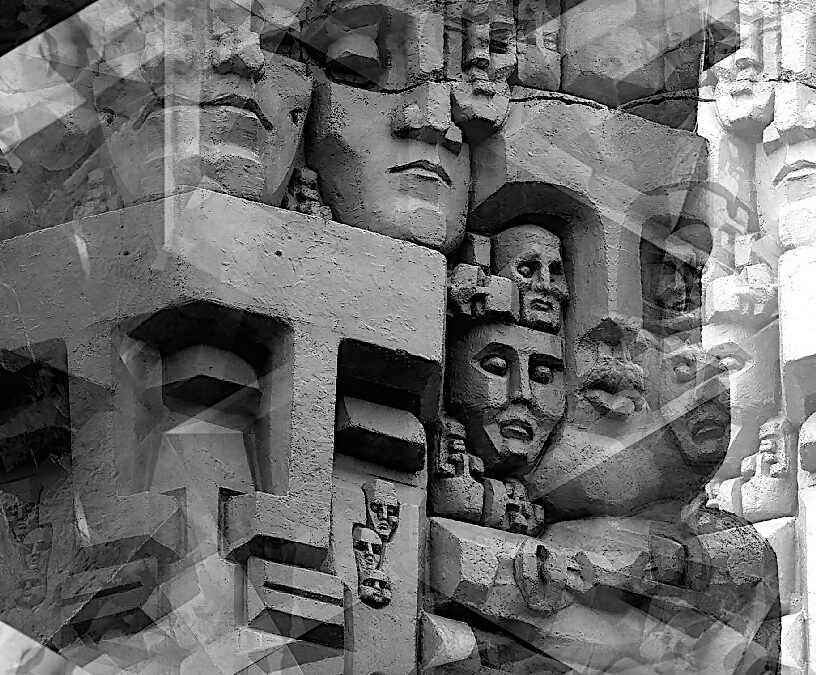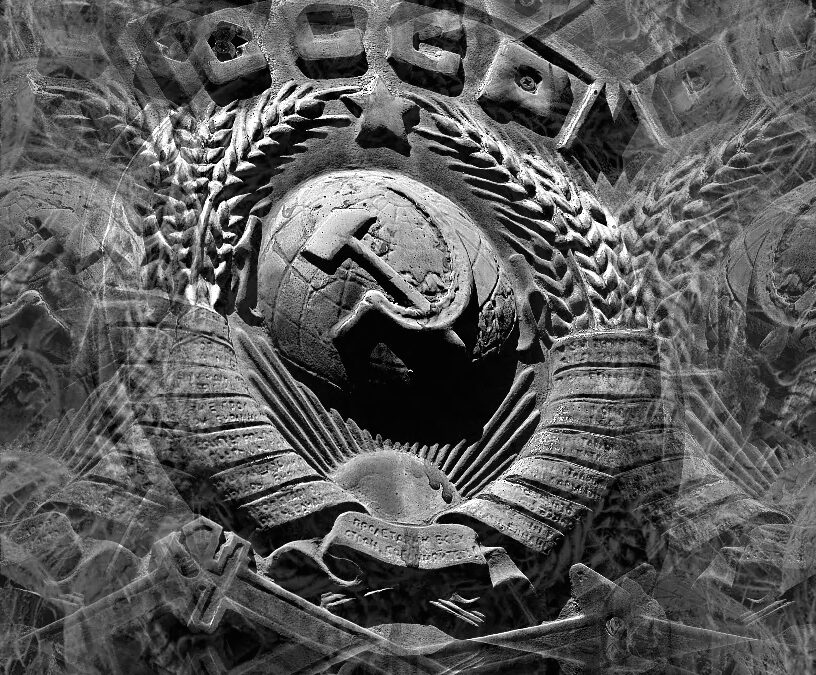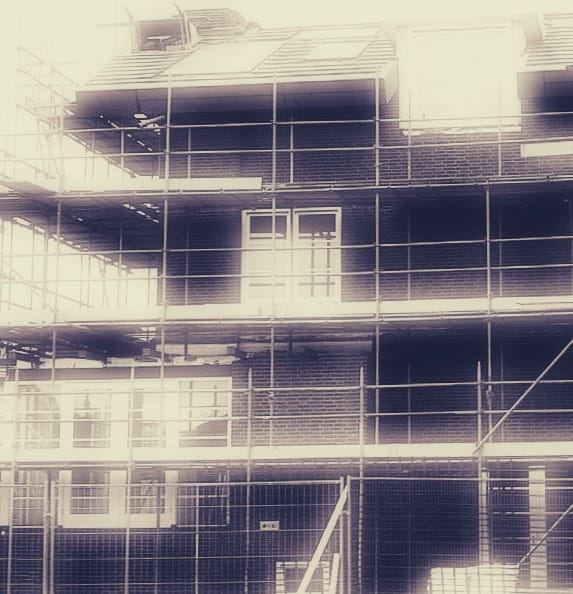
by Natalia Timmerman Blotskaya | Mar 19, 2023 | Musings
What is freedom to you? A writing prop recently popped up in my digital diary.
For somebody who was born and raised in the USSR, whose place of birth is present-day Belarus, infamous for its dictator, my answer to that question is from the place of experience of what freedom is not.
What is freedom to me?
Freedom is choice.
At the ballot box—like 27 candidates in the parliamentary elections, not one and only.
My body—my choice—and I shall bear no interferences.
In who or what I want to believe in or worship. I choose to believe in no deity and worship no one. And I am not sorry.
Freedom is pluralism.
A right to an opinion, however non-conventional, inconvenient or non-mainstream.
On vaccines, on regimes, on wars, on policies, on rights of minorities and loot of majorities.
Pluralism is an expression of your stance and should not be treated as a thought crime from an Orwellian dystopia or become a self-righteous crusade to prove everyone is wrong. We’ve had too many of those in human history: religious, colonial, racial and ideological.
Freedom is a multiverse where a multitude of stories, opinions and angles, including those of our opponents and adversaries, can co-exist. Censoring people out of discourse is not freedom.
Freedom is the right to evolution—individual and societal.
Redemption without cancellation. Freedom is the right to change. Isn’t it how we, as a collective society, advanced from the Dark Ages?
Sure, our ancestors screwed up big time. Acknowledge the evils, reflect and put the lessons into perspective. One cannot wipe slates of history clean by cancelling them.
We, as beings, evolve throughout our lives. Our opinions and positions change as we learn through exchanges and interactions, come across new information and discoveries and experience life. What I thought was right 35 years ago isn’t what I deem right today. Back in the day, subsisting on an ideological diet, I was a fierce proponent of socialism. America and the entire Western world were my enemies. The pain of disillusionment and deceit is still acute. Should I be cancelled for the views I once held?
What is freedom to you?
The crux of this question is in to you? I’ve answered. You don’t have to agree with any of it. And that to me, is freedom.

by Natalia Timmerman Blotskaya | Jun 27, 2022 | Musings
I came from a country that no longer exists.
I left the rubbles of the once almighty USSR, but it never left me. It, the invisible force of my upbringing, permeated every corner of my being in subtle whispers and reflective bouts. I spent decades purging seared memories of that life.
Having enough food to eat has been my life’s prerogative. It gently taps me on the shoulder, ‘Look, there is two for one.’ It still murmurs in the supermarket to take three bags of flour instead of one, just in case. ‘Lucky we have a Soviet mum,’ our boys said at the first Covid lockdown, praising our stocks of essentials.
No food ever goes to waste, as ancestral tales of the Great Ukrainian famine replay in my mind. It’s called mindful consumption.
I live with a heightened awareness of waste. Mine came from scarcity and since stayed. In the age of abundance, I reuse plastic bags, fold away used foil, and do not throw away things but find new homes for items and clothes. They call it environmentally friendly.
It screws with my style and sense of fitting together and is a source of general apathy for that aesthetic obsession. I go with what I like, unguided by philosophies, rules, or fashion.
It urges me not to succumb to the new ideology- Consumerism. It screams at the sight of long lines to a clothing store on the first day after the lockdown. Are you that desperate to part with your money? I had to consume everything that came my way to return to the origin- being pragmatic in my consumption.
It hurts me to think of how many people perished in the crevices of my country’s collective memory without a trace for a thoughtcrime, for daring to think differently about their experience of being pimped by the government reality. A thoughtcrime is back in vogue.
My fear of the police is on a cellular level. I still flinch at the sight of the police car or police patrol on the street. I think different. What if it‘s for me?
It guides my life with a general suspicion of one’s good intentions. What’s the catch?
I refuse to follow. I followed enough.
I have contempt for too many rules and anything too organised; it impedes one’s creativity. Rule-breaking got us to graduate from the USSR. After all, we are all equal in our inequality.
It soothes me with the hope that extracting the good, the bad, and the in-between of your upbringing enables you to tell Your story.

by Natalia Timmerman Blotskaya | Jun 1, 2022 | Musings
Is it a physical place where your possessions are? A feeling of comfort and safety? A sense of belonging? Or an emotion of relief, like one entering your home after a time away, that first sigh of arrival, as you plunged on your sofa.
As a serial expat from the no longer existent country, the USSR, the concept of home has been a contentious topic. “Where is your home?” was a frequent question in my almost thirty years of expat life. “Home is where I am”, I used to answer, referring to a place where my things are parked.
The home was in Dubai, Basel, Hong Kong, Shanghai, Moscow, Rotterdam and now The Hague. The change was voluntary, powered by curiosity. And like seasonal changes, you go through the newness of the Summer as unfamiliar scenes, sounds, smells, and tastes overwhelm your sensory apparatus. The Autumn brings an adjustment chill as you search for your place in the new reality. The winter ponders blues and longing for the comforts of life in the place left behind. But the spring reinvigorates your desire to blossom as you notice the new home sprout.
For many years I thought home was our belongings that we, like snails, carried along with us: packing and unpacking, losing some and acquiring others, hoarding and giving away.
And then, on the last move, we had half of our personal effects in storage for two years. I no longer remembered or missed those things, even though, while unpacking souvenir boxes, I could accurately pin each item on the time-place axes of our life.
We were fortunate enough to experience many sighs of arrival. But did we ever belong to those diverse and often very foreign cultures? We sat in the first row of privileged passive observers, claiming neutrality on politics, human rights, freedom of speech, and value systems, learning to accept the multitude of opinions, views, perceptions and notions, even if those were contrary to ours.
After decades on the road, have I realised that home is as much as the physical anchoring as it is a state of mind — a sense of belonging. And one could belong to many tribes and places. Home is an emotional construct on top of a physically sound foundation. Home is a web of interconnectedness that we weave throughout our lives, giving us meaning, fortifying sanity, establishing social grounding, fueling our value system and filling us with purpose.
I left my very first home out of economic despair, but it was my choice. For many, there is no luxury of choice, fleeing war or a natural calamity. And that is a scary thought.
What is home to you?



